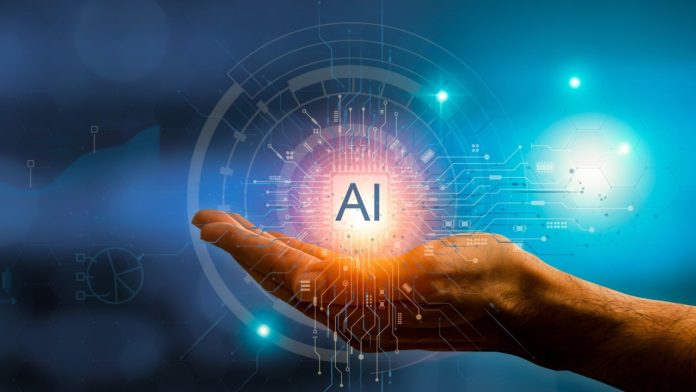Artificial Intelligence is About Skill Transformation, Not Job Loss: TCS Global AI Head
New Delhi, Apr 27 (PTI) – Artificial Intelligence (AI) should be seen as a powerful driver of skill transformation and technological advancement—not as a threat to jobs, said Ashok Krish, Global Head of AI at Tata Consultancy Services (TCS). Speaking in an interview with PTI, Krish emphasized that AI is poised to reshape the nature of work by enabling new technologies and opportunities.
“Real value from AI is being unlocked by companies that treat it not merely as an IT initiative, but as a strategic, board-level priority,” Krish said. He stressed that AI adoption is as much about cultural change as it is about technological progress, requiring organizations to rethink how their people work alongside intelligent systems.
Reflecting on past tech revolutions—from mainframes to the internet, and from cloud to digital commerce—Krish noted that each wave brought anxiety and skepticism about job losses. AI, he believes, is simply the next step in that continuum. “It’s a mistake to view AI solely through the lens of job elimination. It’s really about the evolution of skills and roles,” he said.
When asked whether global economic or geopolitical turbulence could slow AI’s progress, Krish was confident. “Economic cycles are normal, but AI is unique in its self-reinforcing nature—progress in AI accelerates further progress in AI,” he explained. He believes the technology will ultimately lead to more being built, not less, even if the workforce dynamics change.
He acknowledged that AI will alter how teams operate. “A task that once needed 100 people may now require 50, but those 50 will be doing different, higher-value work. That means more projects, more services, and new business models,” Krish said.
In the tech world, he added, staying relevant means constantly reassessing your skill set—and now, with AI tools making learning and development faster than ever, that upskilling process is getting a major boost.
Calling AI the most transformative technology of the last decade—perhaps even in human history—Krish described it as a democratizing force. “It gives people access to knowledge and capabilities that were once out of reach. Combined with robotics, AI has the potential to dramatically change both society and the business landscape,” he said.
On current trends, Krish pointed out that AI’s role has rapidly grown over the past 18 months. What started as small pilot projects in industries like life sciences, healthcare, insurance, and financial services has now become a core component of major deals. “AI is now infused into nearly everything we do at TCS—whether it’s IT services, cloud, cybersecurity, infrastructure, or business process services,” he said, highlighting the rise of AI agents and automation.
Industries such as banking, insurance, healthcare, and life sciences have led the charge, especially in areas like drug discovery. But other sectors are catching up fast. “Manufacturing and high-tech are quickly closing the gap,” Krish said, adding that AI’s adoption is expanding across the board.



 Viesearch - The Human-curated Search Engine
Blogarama - Blog Directory
Web Directory gma
Directory Master
http://tech.ellysdirectory.com
8e3055d3-6131-49a1-9717-82ccecc4bb7a
Viesearch - The Human-curated Search Engine
Blogarama - Blog Directory
Web Directory gma
Directory Master
http://tech.ellysdirectory.com
8e3055d3-6131-49a1-9717-82ccecc4bb7a